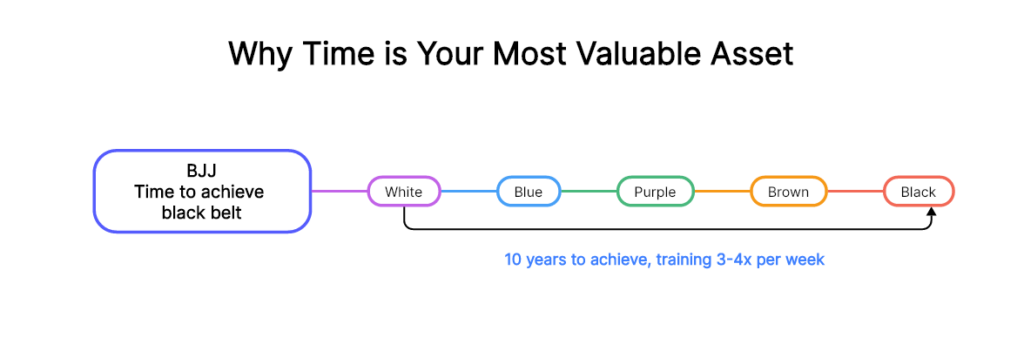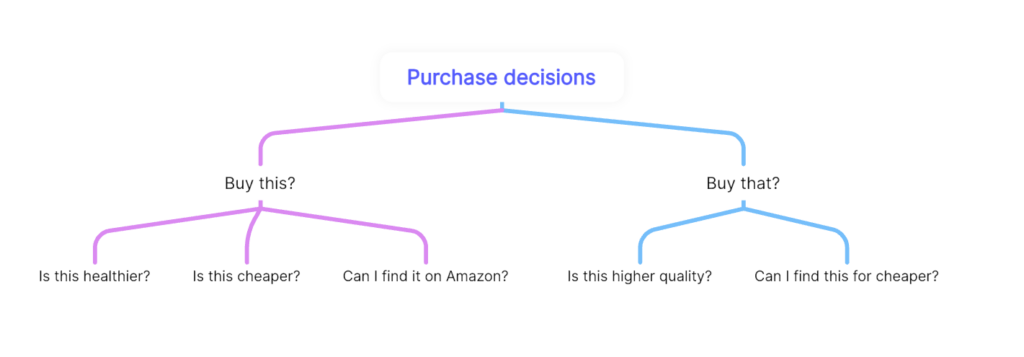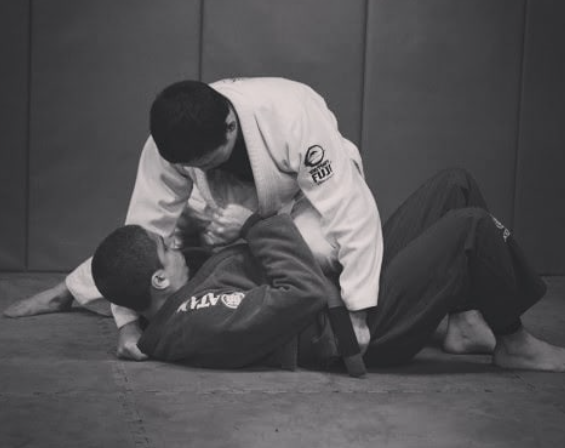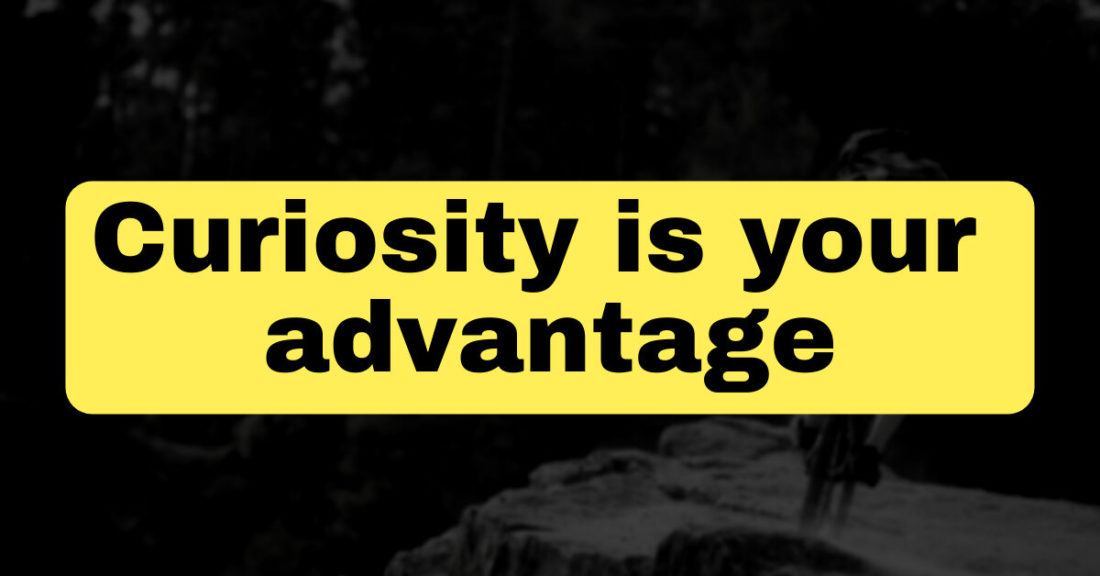5 years ago, I quit my Finance job and launched, grew, and scaled a six-figure service business.
In the process, I learned a lot about what it takes to start and grow a business.
TLDR: It’s super hard!
And along the way were tons of learnings, mistakes, failures, and wins.
If you’re reading this today, my hope is you will learn from my mistakes.
Let’s go.
Lesson 1: Level up your skills
The first, and arguably most important, lesson I learned was leveling up.
At that point, I had over a decade of experience in Finance, Accounting, and Strategy.
While it was nice to know the ins and outs of numbers and how they translate to sales and profits, the truth was this…
Those skills didn’t teach me how to sell and market.
The 2 skills you actually need to start and grow a business.
So every day, I dedicated myself to learning just a little bit about sales and marketing.
That habit became (and is still today) a huge driving force in scaling my business to 6 figures in under one year.
Everything I learned and consumed, I put into action immediately.
It was a very similar process to Wrestling and BJJ – learn a technique, and then apply them during sparring.
I started seeing results immediately.
And all those years of tracking, creating, and presenting metrics started to make sense.
So my lesson here is simple:
Every day, carve out time to level up.
Whether reading for a few minutes or listening to a podcast relevant to your business, invest the time to level up.
You will be extremely grateful for doing so.
And you’ll also reduce many mistakes along the way.
Invest the time to level up now and experience growth as a result over time.
Lesson 2: Track your metrics
As mentioned earlier, my career was in Finance.
I had the privilege of working at Fortune 100 companies, billion-dollar hypergrowth companies, and down to startups and small businesses.
What made these companies so successful was their relentless focus on the metrics and KPIs.
- CEO: Our target is $1M.
- CFO: Okay, we’re targeting $1M and here is how.
I was fortunate that I worked directly for the C-suite and had hands-on experience seeing what it took to take companies to the next level.
They knew their numbers inside out.
They challenged the numbers.
They benchmarked those numbers.
And most importantly, they were relentless in holding their teams accountable to those numbers.
If you’re starting a business or in the process of growing and scaling, measure your metrics.
Create a simple performance tracker with key metrics that drive your business.
Then create a plan on how you will hit those numbers.
And finally, measure and track those numbers on a set cadence (e.g. monthly).
Be relentless, track the numbers, and adjust and pivot when necessary.
Lesson 3: Find like-minded groups and people
Starting out, I tried to do everything by myself.
I thought I would find the answers in time.
But the truth was this, you don’t know what you don’t know.
I made a ton of mistakes as a result.
From stupid sales call blunders to not setting up basic systems that cost me money.
I realized quickly I was never going to grow at the pace I was on.
I had to admit I needed help.
It was then that I started networking, finding like-minded groups and masterminds, and finding the right people who could help and I could help them.
This resulted in not only making fewer mistakes but also resulted in making wonderful connections and even sales.
Everybody needs help.
The sooner you start reaching out for it, the faster you’ll notice growth in your business.
Lesson 4: Build systems and processes
Ever since I can recall, I’ve always wanted to do things quicker and easier.
It made me happy knowing I could create something that I built once and would continuously work on thereafter.
When I worked in Finance, I hated that certain processes took so long or had too many steps.
It didn’t make sense to me.
So I would rebuild the process, add my flair, and ensure this new process achieved the following:
- Faster to produce
- More accurate
- Enabled others to plug in quickly
This mindset was tremendously helpful when growing and scaling my business.
Immediately, I set up sales systems to capture and nurture leads, automate repetitive tasks, and scale marketing activities.
If you’re just starting or growing, think about your systems.
- What makes your business tick?
- What activities could be automated away vs. needing to hire resources?
- What is something that’s causing a bottleneck in your business?
I suggest using a mind map tool to think through this.
The answers will become clear.
Build systems and processes to scale and grow your business.
Lesson 5: Continuously learn and adapt
Here’s the thing.
Every business is different.
Every business is unique.
What worked for one business may not work for yours or mine.
Stay curious and always ask “why”.
Don’t wait to fix things when they’re too late.
Actively optimize and improve your business.
Undoubtedly, something will need to be fixed at some point.
Keep reading and learning.
Books, podcasts, blogs, you name it.
There is always something to learn.
And when you do learn, apply as well.
Just like in sports, you learn best when things are applied.
Business is no different.
Conclusion
Starting a business is hard.
Scaling a business is hard.
Staying motivated is hard.
But having systems in place, staying hungry, being adaptable, and staying persistent will go a long way.
I hope these 5 lessons help you in your business journey. 👊











